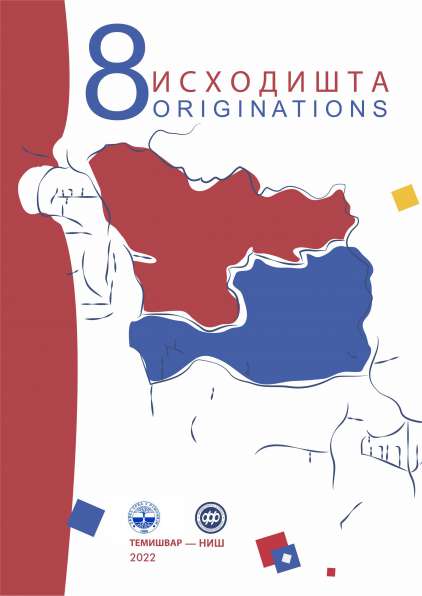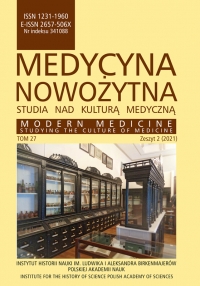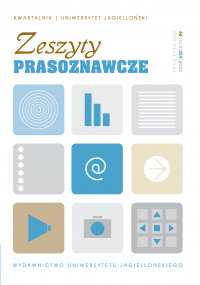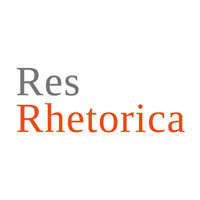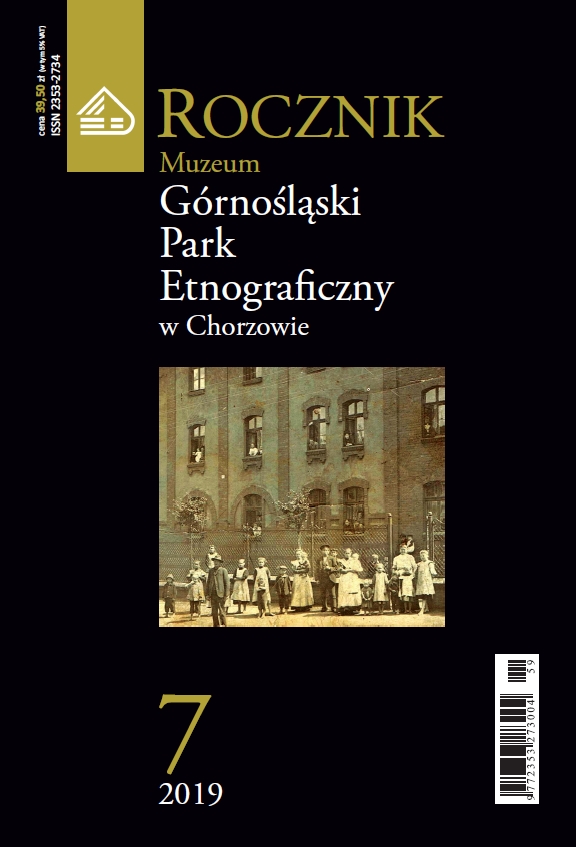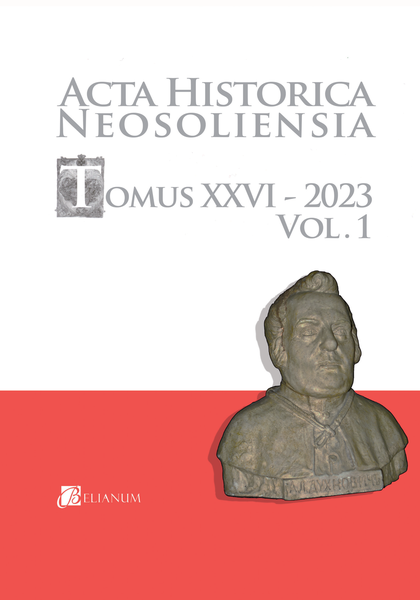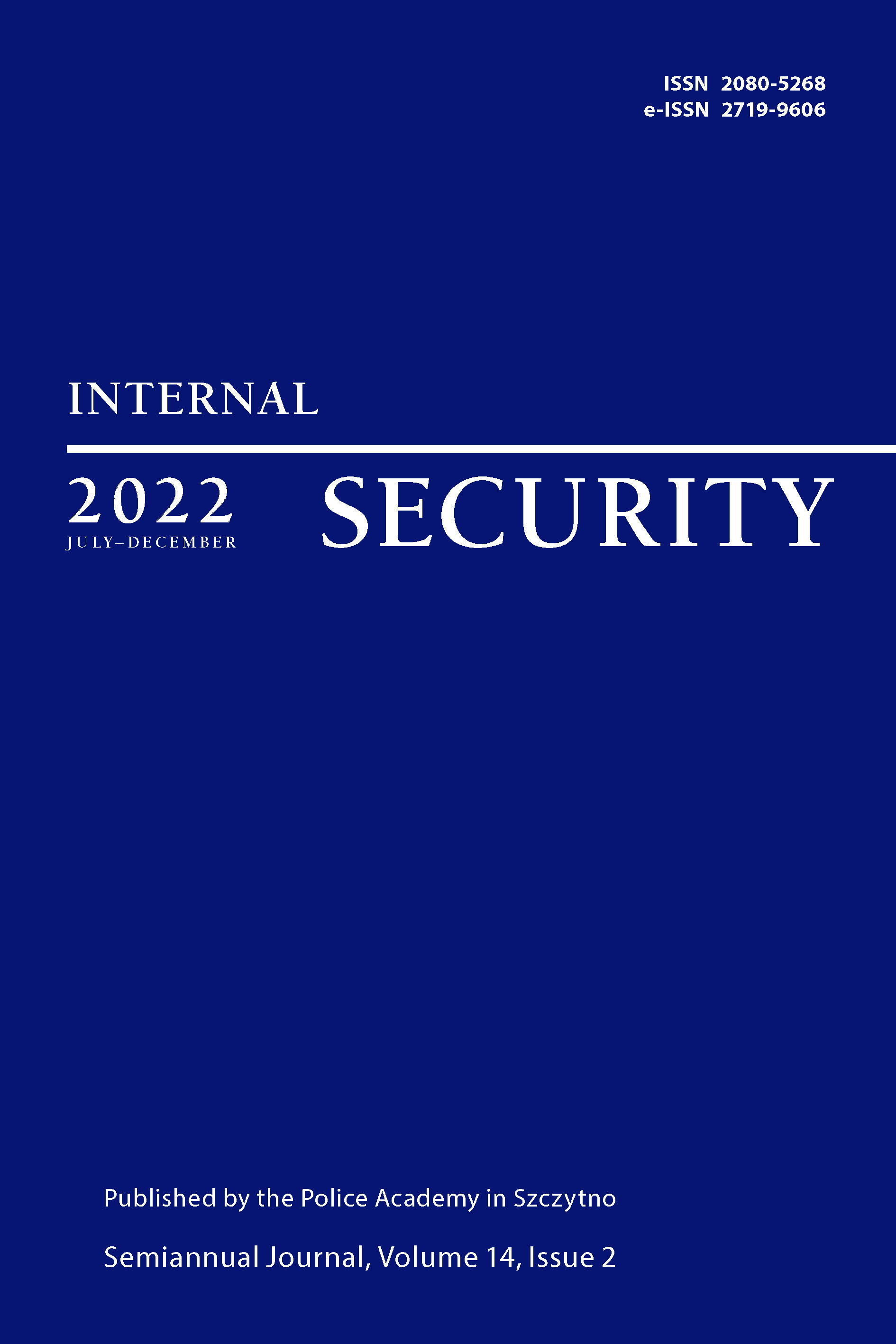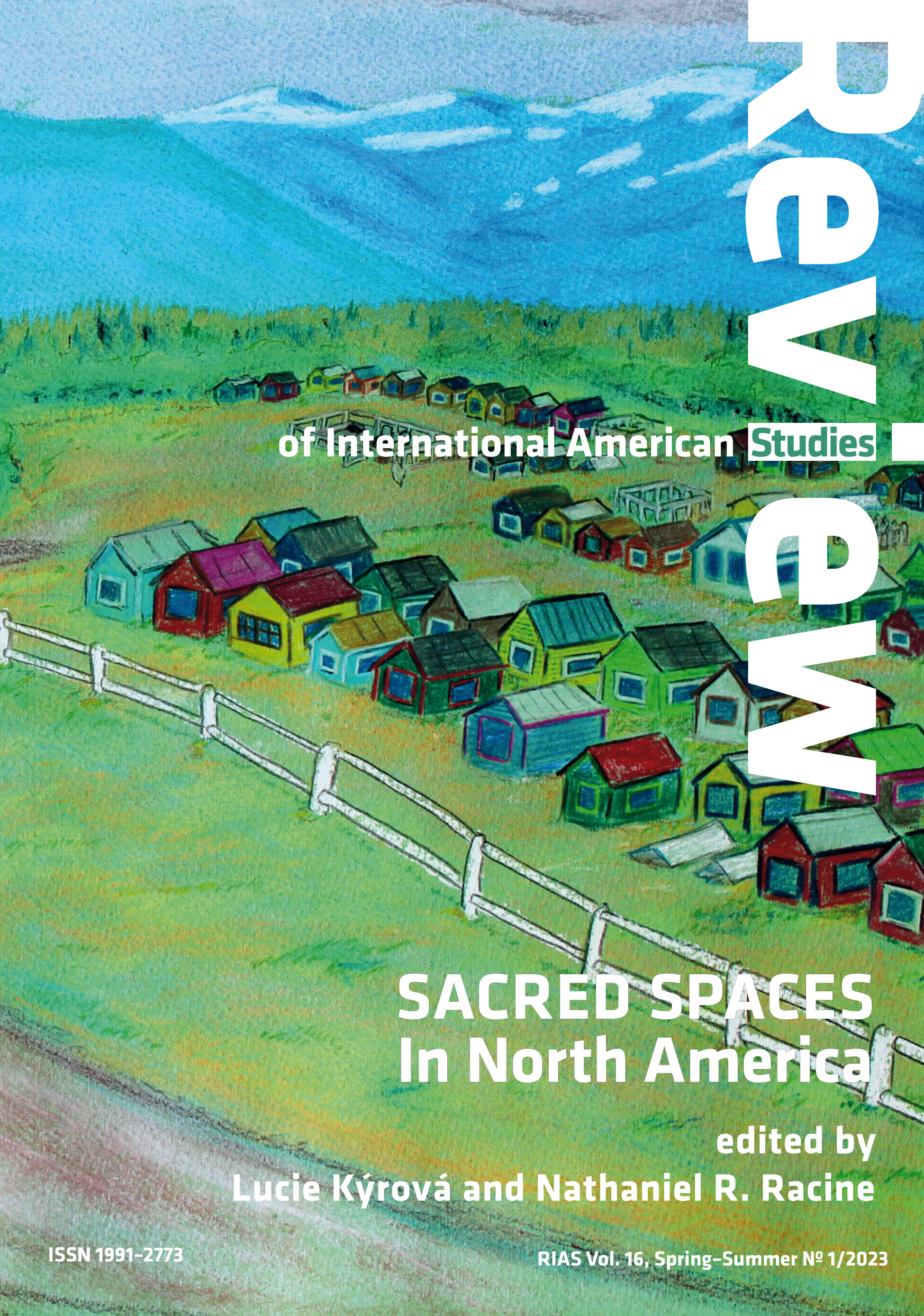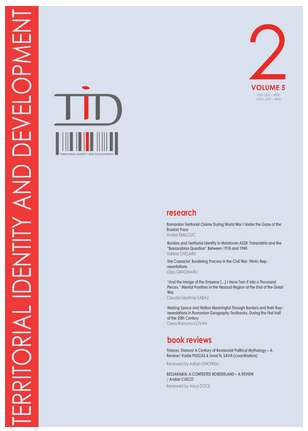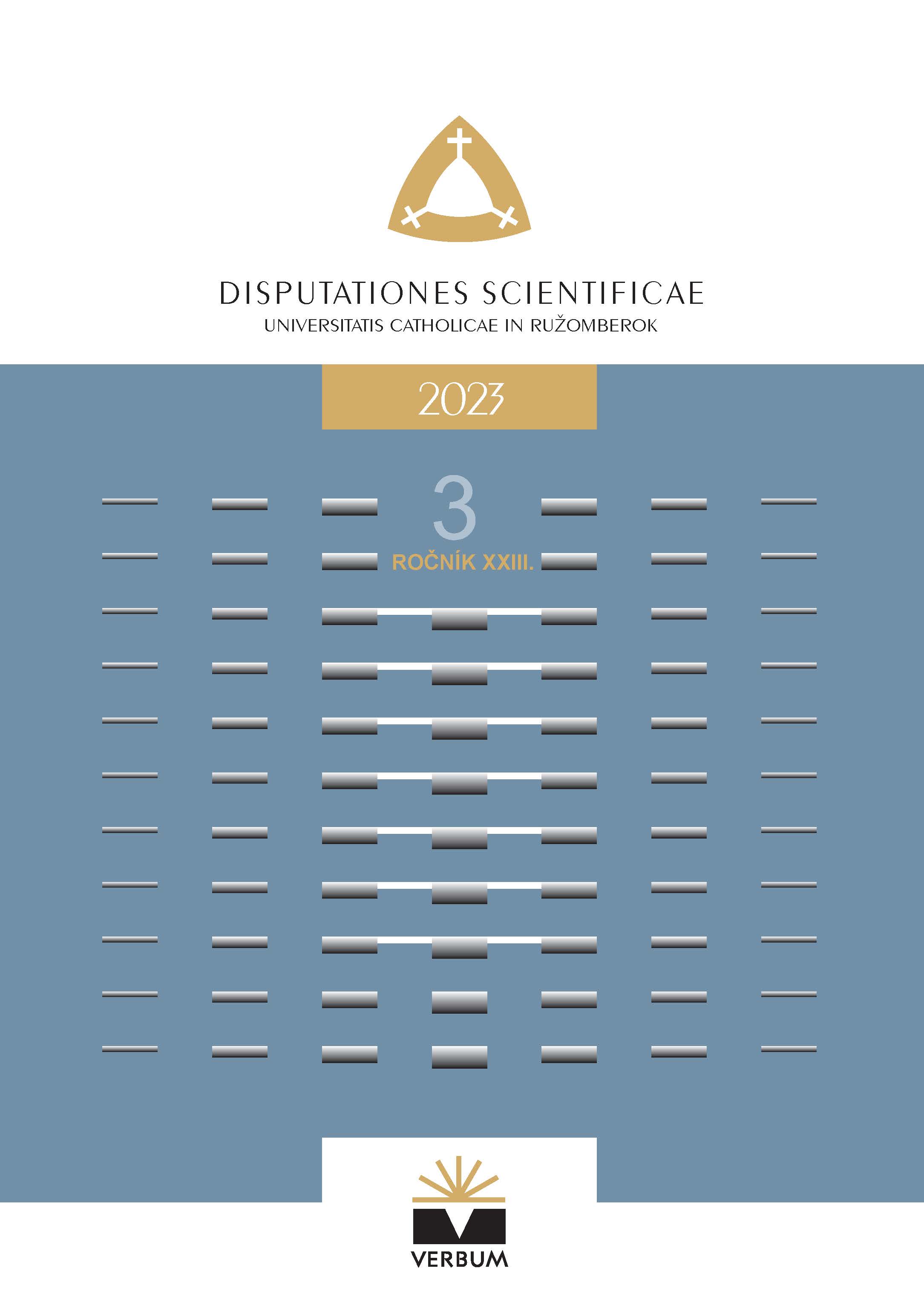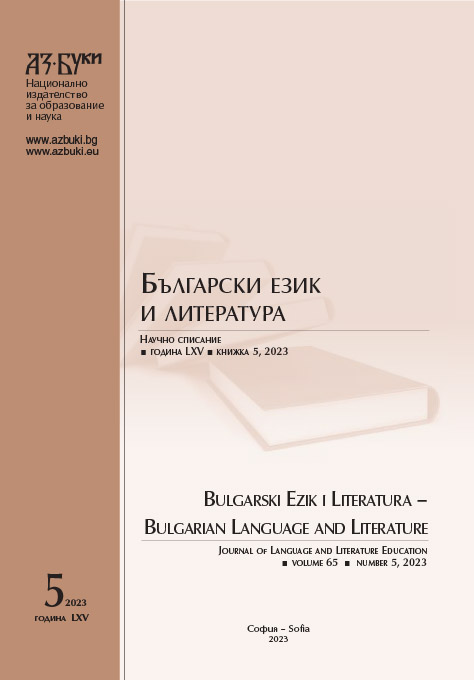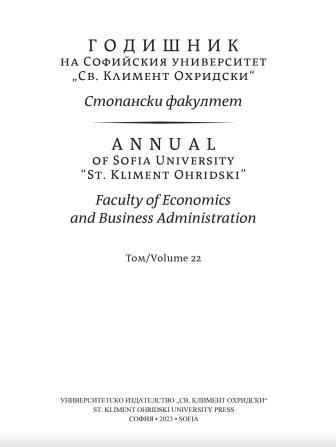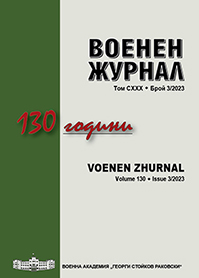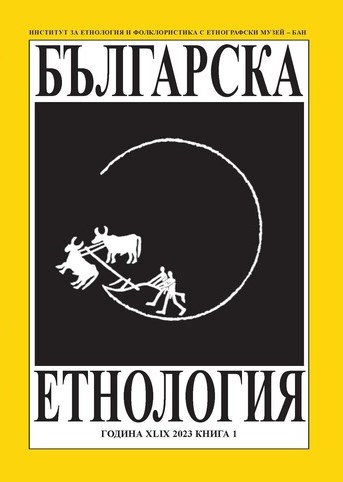Author(s): Edyta Kot,Monika Porwisz,Agnieszka Sadło-Nowak,Rafał Płocki / Language(s): English
Issue: 2/2022
The aim of the article is to present the issues related to the processing of sensitive data, including biometric data, in thecourse of scientific research and for the purpose of achieving the objectives of such research. This study indicates the purposesof scientific research, the legal grounds, standards of conduct, premises legalizing data processing and the rights of persons in thescope of processing their data. It is important to reconcile the protection of personal data with research challenges, especiallyrelated to the possibilities of using innovative technologies in order to effectively detect and fight various forms of crime.Thepublication discusses European regulations: Regulation 2016/679 of the European Parliament and of the Council of the EuropeanUnion of 27 April 2016 on the protection of individuals with regard to the processing of personal data and on the free movementof such data, and repealing Directive 95/46/WE and national provisions contained in the Act of 10 May 2018 on the protectionof personal data (Journal of Laws of 2019, item 1781). During the literature review a number of studies relating to the protectionof personal data was identified. The authors, in particular in monographs, analyse the issue of personal data protection in thecontext of data protection in the Polish criminal trial, in civil or educational cases. This publication focuses on one of theaspectsnot often discussed in scientific studies, which is the protection of personal data obtained for the purposes of scientific research.The publication aims to introduce the standards in force in the field of personal data protection in the context of empirical research.The issue is so complex that it requires in-depth discussion, especially since many researchers, taking up the challenge and effortof scientific research, have to face the problem of personal data protection, both for researchers and participants in the researchprocess. In view of this conclusion, it is reasonable to present in this publication the fundamental principles of conducting researchwhen it is necessary to obtain personal data in the course of research. The article discusses legal regulations and good practicesthat may constitute a specific compendium of knowledge for everyone who participates in research projects
More...
